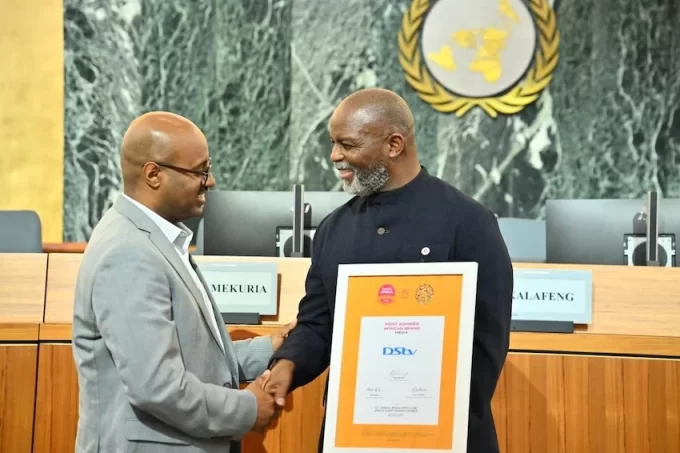It seems lucrative. Perhaps because it probably is. Across the media landscape, gambling ads are no longer the exception, but a sure bet norm.
Spread across newspaper pages, glaring in between programs on TV and popping up like an annoying goosebump on online and social media platforms, gambling ads have become pretty common.
It makes common sense. The media landscape has changed globally, with the advent of the internet leading to lower revenues for traditional media models. The promise of advertising seemed to be a temporary reprieve of injecting much needed cash.
But, if the Betting Control and Licensing Board has its way, these advertisements will no longer run as of May 30. And when they do, they must be between 10:01pm and 5.59am.
The ban on outdoor advertising of gambling, as well as placing strict regulations on approval for these ads could could hit the media industry hard. Billboards will also have to pull down gambling ads and in turn perhaps cancel multi-million contracts.
TV also seems hard hit, as the placing of a watershed period means the bulk of its audiences will not get a chance to view gambling ads that will be aired.
[Read: The Bag Affair: Why women are inseparable from their purses]
It means an advert such as that of Shabiki, which is owned by Royal Media Services and runs on its entities such as Citizen TV, will have to think of other ways of publicising it beyond the airing of it outside the watershed period.
While newspapers did not seem to be touched on much, the fact that all gambling ads now need approval from the betting board may mean a decline in regularity of gambling ads.
Celebrities halted
Also on the firing line are celebrities, some of whom earn a few more shillings from endorsing these commercials.
Macdonald Mariga, Kenya’s only footballer to have ever won Europe’s elite continental club football competition springs to mind. So too does Joey Muthengi, the former Citizen TV host who ended up walking the plank at Royal Media Services allegedly for participating in the same Betin adverts as Mariga.
The reason then seemed to be that RMS had its own Shabiki, and popularising a rival did not go down well.
For these top dogs, as well as sports media personality Carol Radull who endorses Betika, the end of their superstar endorsement could be nigh.
[Read: History has taught us that nothing can deter John Githongo]
However, the gambling ads ban also brings with it some complex questions.
For example, how will the State seek to regulate ads that appear on social media? The global nature of social media platforms mean that government will be entering blurry territory. Especially as the country’s data protection and cyber crimes laws are either non-existent or are subject to judicial process.
At the same time, questions will arise concerning the restricting of internationally renowned celebrities from endorsing betting operations, such as former Brazilian soccer star Ronaldinho Gaucho did when he jetted into the country to stamp his approval upon Betika.
Victor Wanyama also poses a grey area, as the Harambee Stars captain alongside some of his Tottenham Hotspurs club teammates are currently part of a 1XBet ad.
Advertisers will also be scratching their heads as how to sell gambling ads containing a warning message about the consequences of gambling.
“.. the warning message must constitute a third of the actual advertisement and must be of the same font,” Kenya’s Betting board said on April 30.
This means that the visual of a gambling ad must only occupy two-thirds of the advert. (However, warning messages don’t seem to dent cigarette firms.).
All in all, the new regulations on gambling ads will prove a bombshell with rippling effects within the media landscape and among certain celebrities.
[See Also: UK Foreign Secretary to visit Kenya in push for post-Brexit deals]













3 Comments